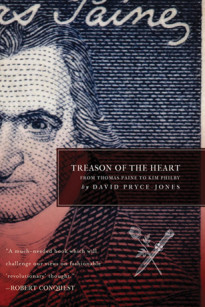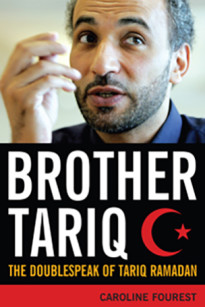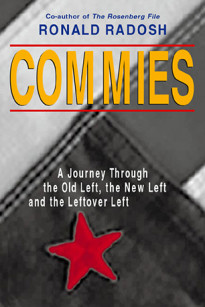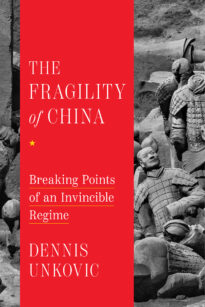Free shipping on all orders over $40
David Pryce-Jones

This author may be available for media and speaking engagements.
Request This AuthorDAVID PRYCE-JONES was born in Vienna in 1936, the son of Alan Pryce-Jones and Thérese (Poppy) Fould-Springer. Educated at Eton and Oxford University, he has written on a wide range of subjects, sometimes historical, sometimes contemporary. Among his works are studies of Communism such as The Strange Death of the Soviet Union, of Nazism such as Paris in the Third Reich, and of the world of Islam such as The Closed Circle. He is also the author of nine novels and an autobiography entitled Fault Lines. Since 1999 he has been a senior editor of National Review. He and his wife Clarissa Caccia live in London.
Titles by this Author
-
Read More
Openings & Outings brings together over forty pieces from the long and distinguished career of the writer and commentator David Pryce-Jones.
- $25.00
- Add to Cart
-
Read More
David Pryce-Jones weaves a vivid life story through vignettes of the many famous authors—friends, acquaintances, interview subjects—who gave him personally inscribed books. In Signatures he offers a window onto the lives and work of these extraordinary people.
- $28.99
- Add to Cart
-
Read More
Born in Vienna in 1936, David Pryce-Jones is the son of the well-known writer and editor of the Times Literary Supplement Alan Pryce-Jones and Therese “Poppy” Fould-Springer. He grew up in a cosmopolitan mix of industrialists, bankers, soldiers, and playboys on both sides of a family.
- $25.00
- Add to Cart
-
Read More
Treason of the Heart is an account of British people who took up foreign causes. Not mercenaries, then, but ideologues. Almost all were what today we would call radicals or activists, who thought they knew better than whichever bunch of backward or oppressed people it was that they had come to save.
- $23.95
- Add to Cart
-
Read More
France has done more damage to the Middle East than any other country. One aim of these policies was to sponsor the Arabs’ belief that they could be incorporated into a Franco-Arab power bloc that might one day rival the United States. Simultaneously, France encouraged the mass immigration of Arabs. A huge and growing minority in this country now believes that they have rights and claims which have not been met
- $17.95
- Add to Cart










